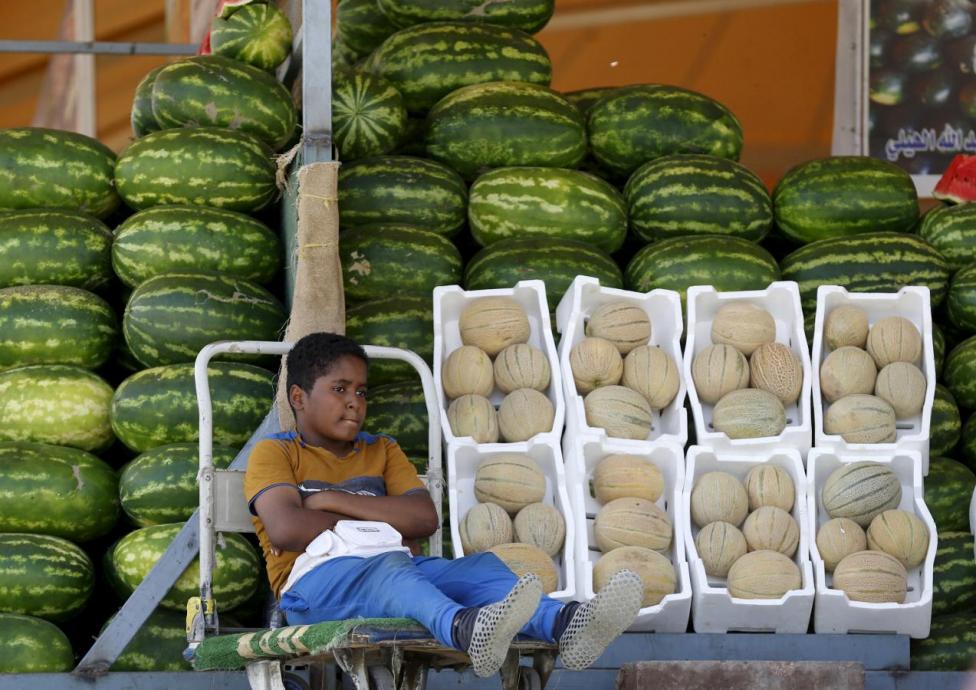Riyadh-Saudi Ministry of Environment, Water and Agriculture is willing to launch a giant company with a capital of USD320 million (SAR1.2 billion) to develop a better organization of the sale of agricultural products; the purpose of this company is to get rid of illusive mediators.
A Saudi official, specialized in the field of environment, water and agriculture, revealed that the private sector investments’ volume during the coming twenty years will reach USD8 billion (SAR30 billion).
The official added that the ministry has launched an initiative to establish a new company which will contribute to increasing production in this sector to 100,000 tons by 2020 to be coherent with the National Transformation Program.
Eng. Ahmed Al Ayada, undersecretary of the Ministry of Environment, Water and Agriculture, said that 60% of the company has been established in cooperation with prominent partners.
During a press conference, Ayada stated that there is a decline in natural resources exploitation in the field of aquaculture with only 3% exploited. Total Saudi production of aquaculture reaches 30,000 tons, however the target goal is million tons.
Ayada also showcased the ministry’s plans to go along with the National Transformation Program 2020, affirming that the three currently aqua-cultured categories are not enough to attract great investors. Ayada added that the ministry is seeking to make insurance on such projects compulsory.
Eng. Ahmad al-Balaah, Chairman of Board of Directors Saudi Aquaculture Society, said that the private sector will invest around USD8 billion (SAR30 billion) in this industry in the coming 20 years, adding that “through the National Transformation Program, there will be special standards for fish culture given that state agencies usually don’t have laws that organize this industry.”
